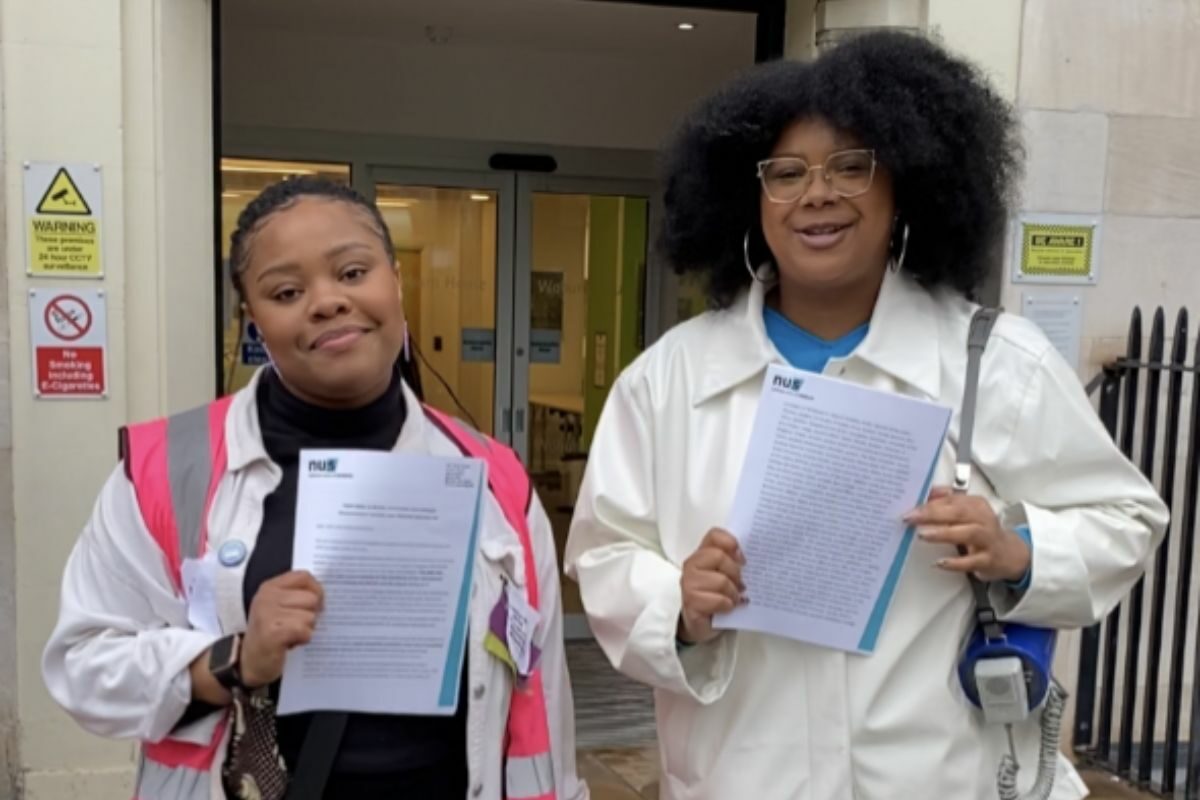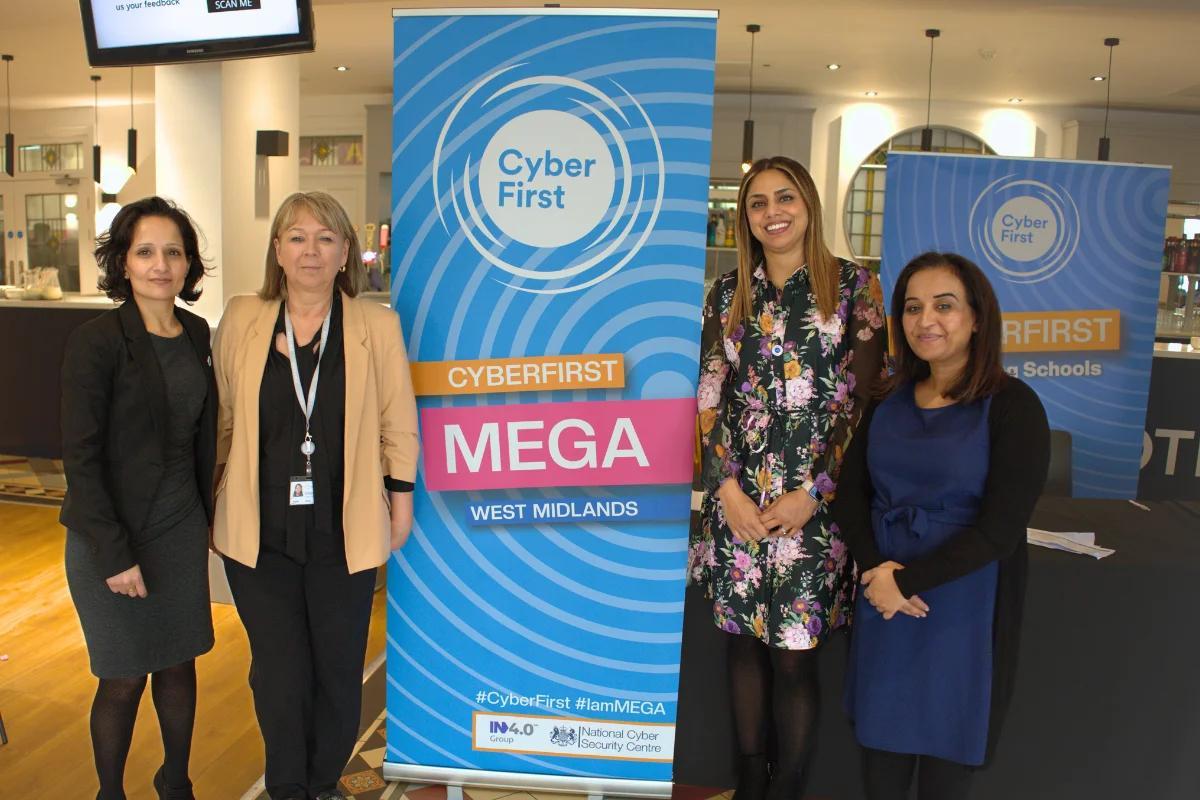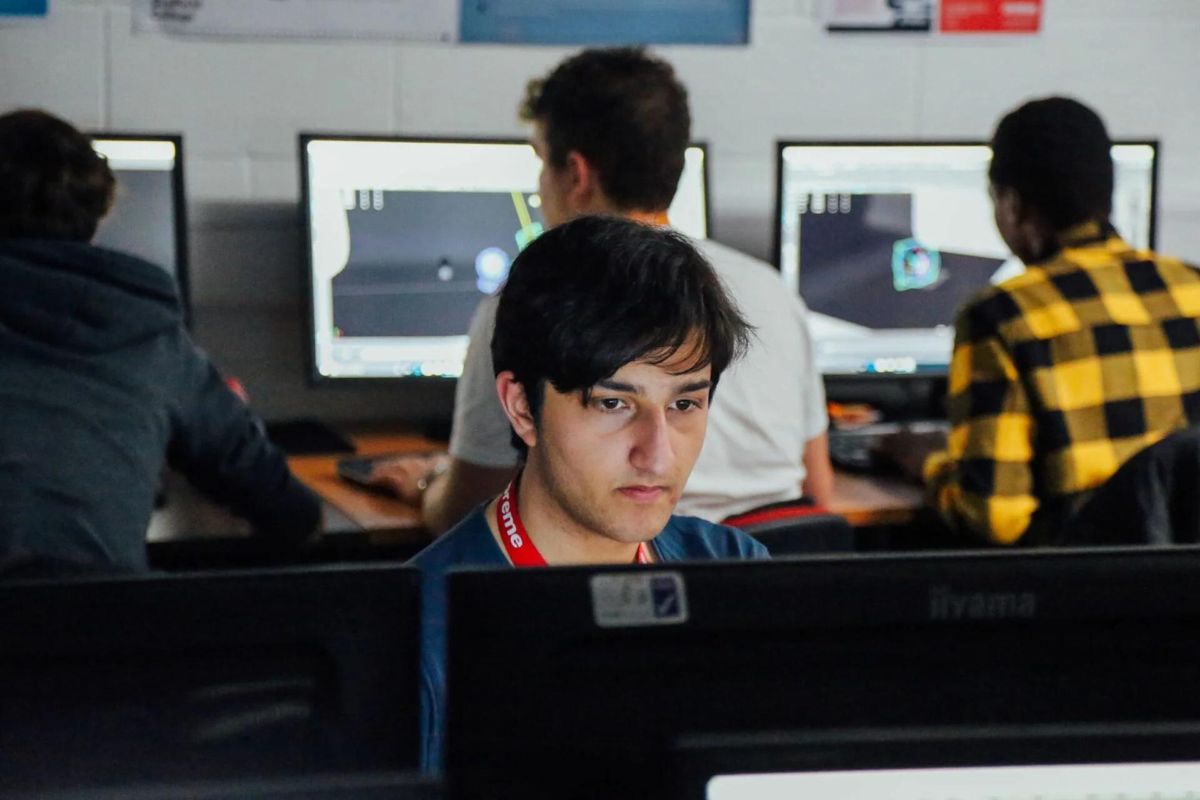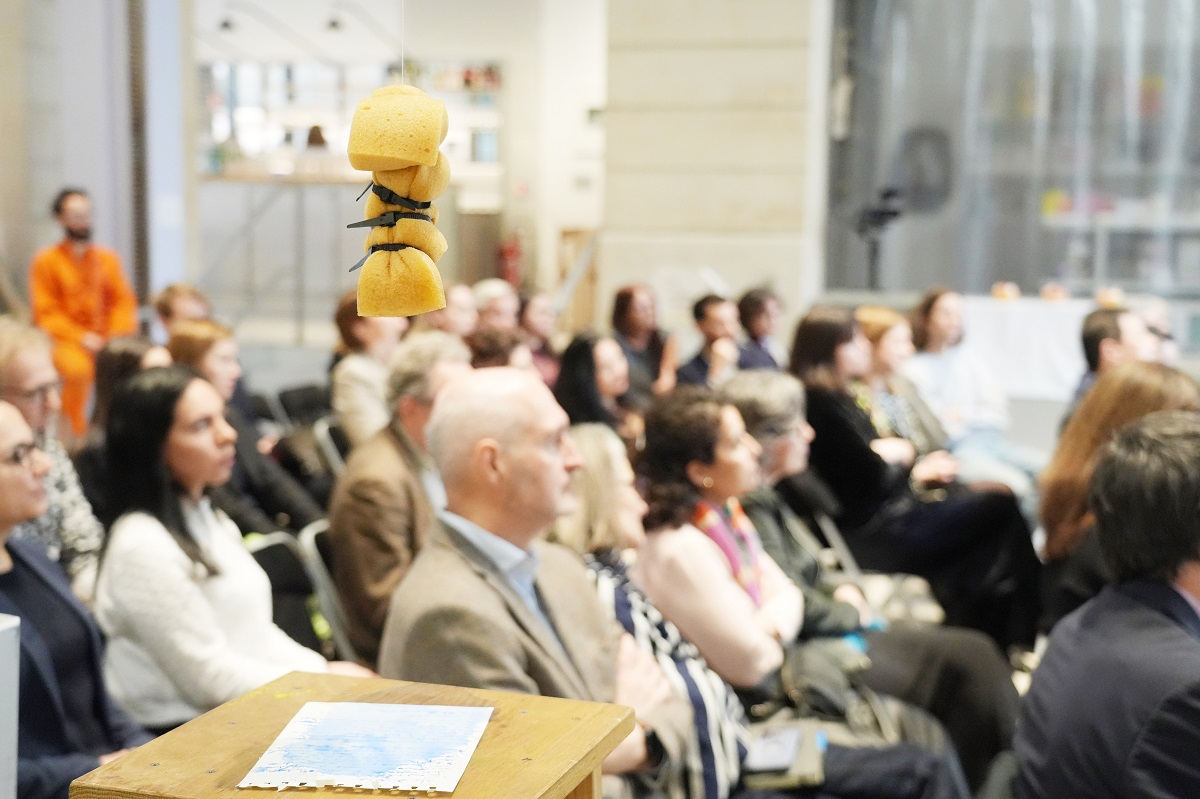100 days of silence from universities and colleges on decolonisation

Today marks 100 days since student leaders handed in their open letter calling on the education sector to break their links with companies who uphold colonialism and imperialism. They are still waiting for a response.
The open letter, which was also signed by Student Unions, Members of Parliament, student officers, and supporters from the wider public, called for universities and colleges to stop investing in and partnering with fossil fuel and arms companies. Instead, signatories demand that money should be reallocated to fund anti-racist initiatives.
As well as investments, the letter – which has been ignored by Universities UK and the Association of Colleges so far – also demanded that other links between education institutions and colonial companies were broken, including universities platforming companies during career fairs and tailoring courses and research to secure funding.
NUS President Larissa Kennedy commented:
“Our education institutions cannot continue being directly complicit in colonial violence when it comes to the arms trade and fossil fuel companies.
“We’re giving them an extension, but education bosses shouldn’t waste any more time in addressing our valid concerns. The people and planet cannot wait any longer. They must divest to decolonise.”.
Fergus Green, Senior Campaigns Coordinator: Climate Justice at People & Planet, said:
“It’s shameful that there has still been no response to this powerful open letter. Students, elected officers, and organisations from across the student movement came together to demand that universities end their ties with the corporations most responsible for climate and social injustice, and we expect a response.
“This is an increasingly important issue to students, and it is not one that universities can ignore.”












Responses